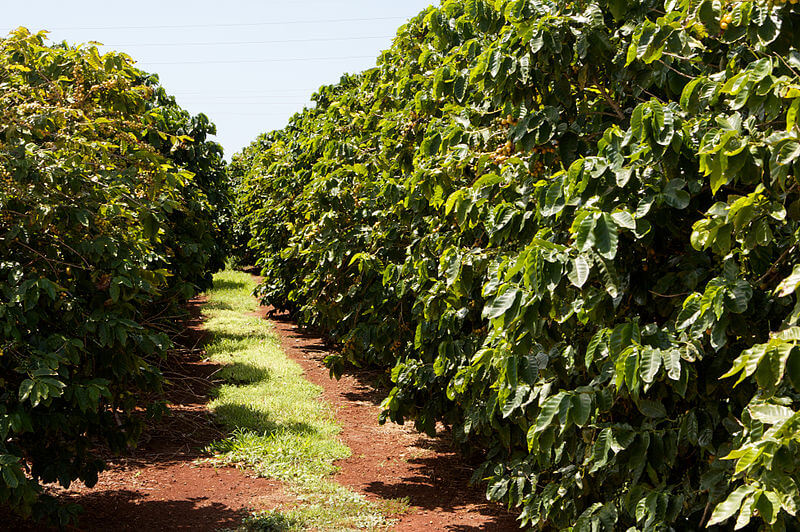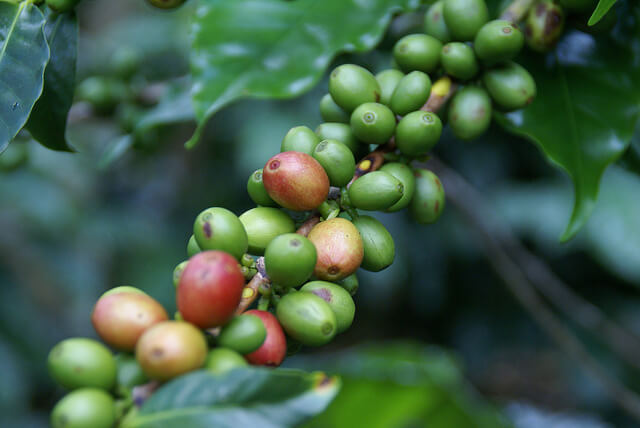The world consumes 76,685,44 metric tonnes of coffee per year; it is the second most traded commodity in the world worth 90 billion US Dollars a year. This product is in demand and it is part of the world culture and it will never go out of fashion. The investment being featured here gives you the opportunity to have your share of the global coffee business. This investment is even more unique because rather than owning the business or balance sheet, you own the underlying asset: the coffee farm.
Real asset investing has some unique characteristics because these feature hard or tangible assets. When one owns coffee plantations directly, the asset is not commoditised or securitized and thus there is less room for financial wizardry which obfuscates market price.
Investment Concept
This product is offered by international coffee farms, a company based in Columbia and Panama. The firm first launched its product in Columbia, where it has tested the viability of the business model. The added benefit of Colombian coffee plantations over Panamanian ones is that in Columbia there are two harvests a year rather than one as in Panama
ICF (International Coffee Farms) was founded by Mr David Sweell. He started his career as a sailor in the Canadian Navy. He has since lived and done business in Canada, California, México, Costa Rica, Colombia, Argentina and Panama.
The business model of international coffee farms is to buy traditional farms producing commercial coffee. These coffee farms are then refurbished by agronomists to produce high-quality coffee with higher margins.

Advantages
- The coffee plantations create a yearly income.
- Not a securitised commodity, but a real asset, most likely the price of the coffee plantation will fluctuate less than prices of stocks on a stock exchange. This means that it has less day to day correlation with these assets. As per all investments, the value can go down as well as up.
- You can visit the farm yourself; ICF organises “kick the trees” tours regularly.
- International coffee farms have the local edge, as they employ locals to scout new farms purchases and hire local agronomists to refurbish these farms. The managers of the firm are also local; they can make the connection with the locals more productive. This is even more important because the farm’s areas where with high concentrations of Panamanian Indians, who have their culture that needs to be respected.
- International coffee farms create a speciality coffee rather than bulk commercial coffee. They do this through refined techniques of managing the investor’s coffee plantations through the right investments and specialised scientific knowledge. Creating a zero defect coffee is no easy task and this premium product also commands a premium price. Coffee lovers are happy to pay top dollar for the best coffee.
- Asset protection: Potentially those who may come after your assets will have to go through the Panama court system. This is no easy endeavour. Given we live in a litigious society, this is something worth considering
- Coffee has many health benefits, different active molecules within it help the human body fight disease and ageing. Many are not aware of these healthy benefits because it is only recently that science is giving us this information. As such information because more widespread, coffee consumption, especially the premium kind, will go up
International Coffee Farms can handle the science and the day to day job of processing: (Milling, Babysitting the coffee trees and beans etc) and the investor handles the capital.
Disadvantages
- The concentration of risk. For example, if you own shares in JVA (http://www.coffeeholding.com/) you own multiple coffee plantations and if one of them is flooded or attacked by pests, then other farms will compensate for its demise. On the other hand when owning this company you own the balance sheet that is all the assets and liabilities of the firm.
- High-grade coffee is a premium product and requires premium customers. In late 2016 we are expecting a recession. If a recession does materialise, consumer discretionary products such as high premium coffee will be in less demand and as a consequences the price will drop.
Investment Structure.
As of December 2016, half an acre or 2000 meters squared of coffee plantation costs $18,000. Once signed you will receive a deed of ownership. Your first returns will materialise after 12 to 15 months of this investment. Every six months you will get a status report on your coffee plantation investment. Returns are expected to be upwards of 12%. The investor of the coffee plantation provides the capital, and international coffee farms babysit the coffee trees on the investment plantation.
Other alternatives to Invest in coffee plantations
You can see other opportunities for investing in real assets here:
Conclusion
In ten years time, Mr Swell plans to be the largest manager of coffee plantations in Bouquet Panama.
Visit:
Your Feedback on coffee plantation investment:
Share your comments about International Coffee farms, and if you have invested, please share your experience and most importantly the returns you have made in the section below.









